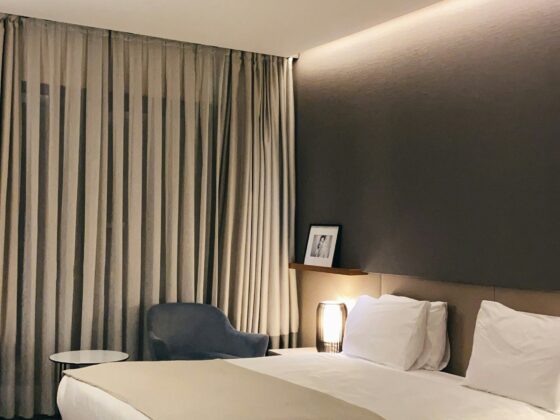AirBnB (yellow) vs. Booking.com (green)
Airbnb has a weird problem: it’s both too big and too fragile. On the one hand, second-quarter revenue rose 13% to $3.1 billion, and profits beat expectations. On the other hand, the management immediately warned of “tough months ahead”, thanks to tariffs, regulatory crackdowns, and the $200 million it’s pouring into new services like… haircuts and cooking classes. The stock dropped anyway, because apparently Wall Street doesn’t find “HairBnB” a compelling moat.
The “super app for lifestyle” pivot feels more desperate than visionary. Booking a luchador experience in Mexico City through Airbnb sounds fun, but when the same app charges you $120 in cleaning fees for a two-night stay in Barcelona, the cross-sell starts to feel less like convenience and more like a punchline. Analysts are skeptical for a reason: most people who want a haircut don’t say, “Let me open my vacation rental app”.
What makes this funnier is that Airbnb has been here before. Pre-pandemic, it went heavy into “Experiences”, only to abandon them when cash flow collapsed and it had to fire a quarter of its workforce. Then it got disciplined, focused on rentals, and, shockingly, made money. Now, after riding the wave of revenge travel, it’s back to chasing shiny adjacencies that add maybe 1.5% to revenue growth in the best case. It’s corporate déjà vu with a Jony Ive-designed interface.
Meanwhile, Booking Holdings is worth more than double Airbnb, because boring is beautiful. Booking sells inventory that scales (e.g., hotels, flights, packages) without pretending it’s going to reinvent haircuts. Airbnb, by contrast, keeps trying to prove it’s a lifestyle brand when what investors actually want is consistent margins. If disruption turns into a punchline, Booking becomes the annuity and Airbnb becomes the meme stock of travel.
P.S. starting this fall I’ll do company insights with a personal decision about their stock: buy/sell/hold
photo source: Koyfin







